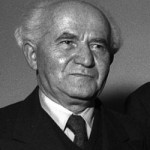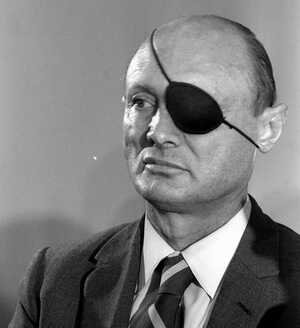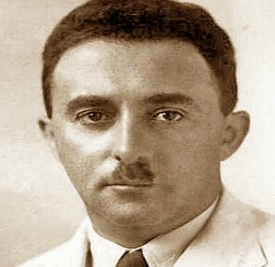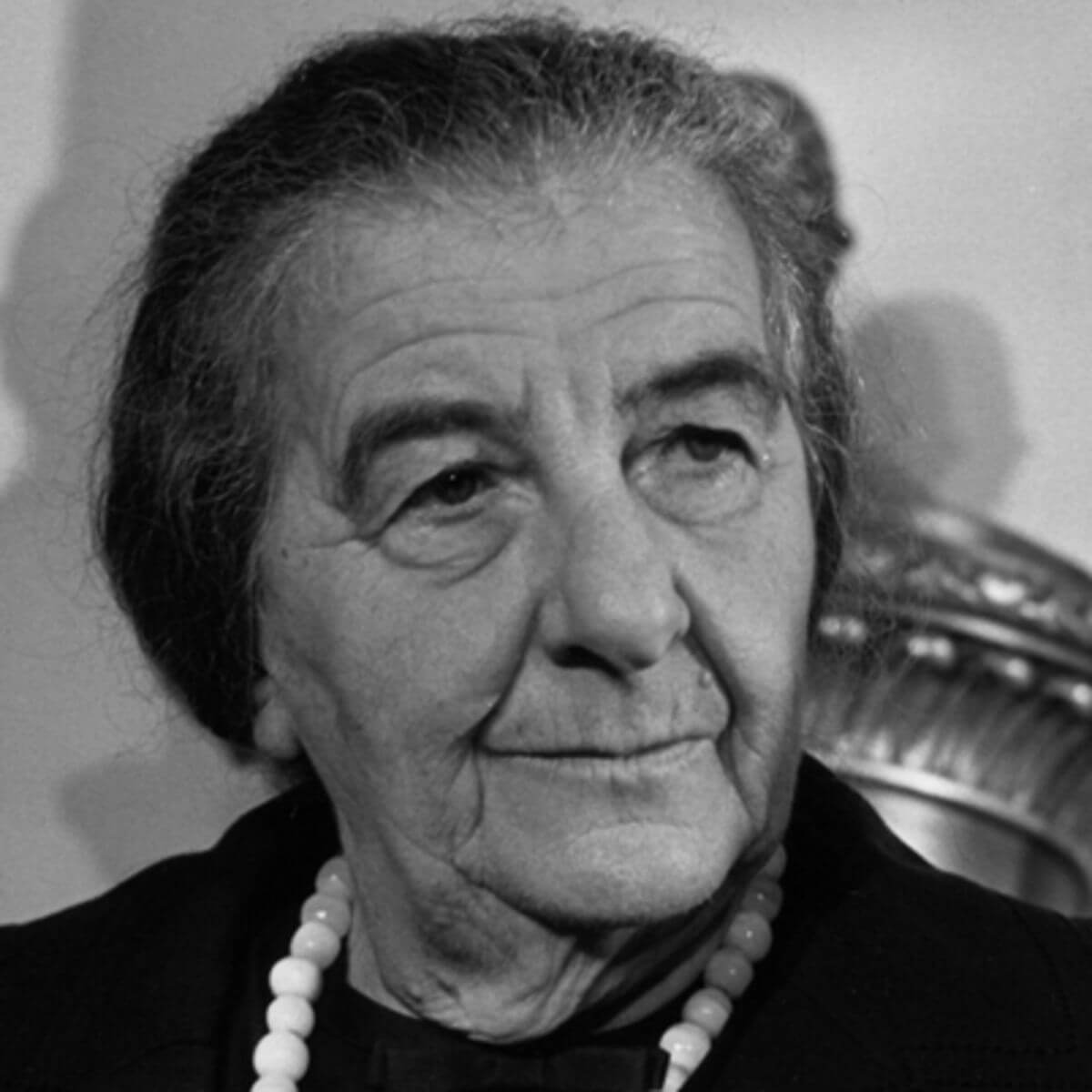EVENTS
Events leading up to the Six Day War
Day of fighting on the Syrian border, air battles and shooting down of 6 Syrian MIGS, 7.4.1967
I.D.F. Independence Day parade in Jerusalem, 15.5. 1967
“Waiting period” before the Six Day War, May-June 1967
Beginning of Egyptian troop build-up in Sinai, May 1967
Withdrawal of the U.N. Emergency Force from Sinai, June 1967
Egyptian blockade of the Straits of Tiran, May 1967
Prime Minister Levi Eshkol’s radio address, 28.5.1967 (the stammering speech)
Formation of a National Unity government including Begin & Dayan, 1.6.1967
French embargo on arms sales to Israel, June 1967
Events of the Six Day War
Attack by an Iraqi Tupolev plane in the Six Day War, 6.6.1967
Battles with the Egyptian army, Six Day War, 5-9.6.1967
Capture of the Gaza Strip, Six Day War, 5-7.6.1967
Capture of Northern Sinai, Six Day War, 5-8.6.1967
Battle for Jebel Libni, 6.6.1967
Umm Katef- Abu Agheila battle, 5-6.6.1967
Capture of Central Sinai, Six Day War, 5-9.6.1967
Capture of Southern Sinai, Six Day War, 7-8.6.1967
Battles with the Jordanian army, Six Day War, June 1967
Capture of Northern Samaria and the Northern Jordan Valley in the Six Day War, 5-8.6.1967
Capture of Western Samaria, Six Day War, 5-7.6.1967
Capture of Southern Samaria and the Jericho area, Six Day War, 5-8.6.1967
Battle for Jerusalem in the Six Day War, June 1967
Battle for Ammunition Hill, 6.6.1967
Conquest of the Old City of Jerusalem and the Temple Mount, June 1967
Capture of Hebron area, the Six Day War, 7.6.1967
Battles with the Syrian army, Six Day War, June 1967
Capture of the Northern Golan Heights, Six Day War, 9-10.6.1967
Battle for Tel Fakhir, 9.6.1967
Battle for Tel Azaziat, 9.6.1967
Capture of the Central Golan Heights, Six Day War, 9-10.6.1967
Capture of the Southern Golan Heights, Six Day War, 9-10.6.1967
Sinking of the US ship “Liberty’, 8.6.1967
Events after the Six Day War
Reunification of Jerusalem after the Six Day War, June 1967
Destruction of the Mughrabi Quarter of Jerusalem following the Six Day War, 1967
The U.S.S.R. breaks off diplomatic relations with Israel, 10.6.1967
Special emergency session of the U.N. General Assembly on the Middle East, June-September 1967
The Israeli government’s peace plan after the Six Day War, June 1967
Law Protecting the Holy Places, 1967
Establishment of Kibbutz Merom Golan, July 1967
Khartoum Summit of Arab states, 29.8-1.9.1967
Re-establishment of Kibbutz Kfar Etzion, 27.9.1967
Sinking of the Israel Navy ship “Eilat”, October 1967
U.N. Security Council Resolution 242, 22 November 1967
Government agencies
Office of the President of the State of Israel
Foreign Affairs and Defense Committee
Government ministries
Committee on the Development of the Administered Territories
Military Government (after the Six Day War)
Military Government in east Jerusalem (June 1967)
Military government in the Administered Areas (IDF headquarters, Judea and Samaria)Military government in the Administered Areas, IDF headquarters, Gaza Strip and North Sinai
Military government in Southern Sinai (Merhav Shlomo)
Military government in the Golan Heights
Foreign Ministry – Legal adviser
Mediterranean and Middle East Division
International Organizations Division
United States and Canada Division
Israel delegation to the U.N. in New York
Ministry of Education and Culture
Company for the Reconstruction and Development of the Jewish Quarter in the Old City of Jerusalem
Administration for Emergency Services
Evacuation, Welfare and Casualty Branch (PSH)
Judea, Samaria and Gaza Strip office
Ministry of Religious Affairs, Division for Religious Communities
Ministerial Committee for the Holy Places
Israel Government Tourist Corporation
East Jerusalem Development Company
Ministry of PoliceIsrael Police
Political parties active in 1967
Labour Alignment (Ma’arach) (1965-1968)
Hamerkaz Hahofshi (Free Center)
Israel Communist Party (Maki, 1948-1975)
New Communist Party (Rakach, founded 1965, today part of Hadash)
Greater Land of Israel Movement
Movements which established settlements beyond the June 5 borders in 1967
Hakibbutz hadati (Religious Kibbutz Movement)
Hakibbutz Hameuhad (United Kibbutz Movement)
Hakibbutz Haartzi (associated with Mapam)
The U.N. and its organs
UNTSO – United Nations Truce Supervision Organization
UNEF – United Nations Emergency Force
UNRWA (United Nations Refugee and Works Agency for Palestine refugees in the Near East)
Arab rule in the West Bank and Gaza before June 1967 ( material captured in 1967)
Jordanian administration in the West Bank, 1948-1967
Egyptian military rule in the Gaza Strip, 1957-1967
Palestinian organizations
P.L.O. – Palestine Liberation Organization
People
Zalman Shazar-President of The State of Israel
Central figures in the Knesset
Kadish Luz- Chairman of the Knesset
David Hacohen- Chairman of the Foreign Affairs and Defense Committee
Members of the Government during the war
Levi Eshkol, Prime Minister of Israel
Abba Eban, Minster of Foreign Affairs
Eliahu Sasson, Minister of Police
Zalman Aranne, Minister of Education and Culture
Zerah Warhaftig, Minister of Religious Affairs
Haim Gvati, Minister of Agriculture
Moshe Haim Shapiro, Minister of the Interior
Yigal Allon, Minister of Labor
Yosef Burg, Minister of Social Welfare
Joseph Sapir, Minister without Portfolio
Ya’acov Shimshon Shapiro, Minister of Justice
Israel Barzilai, Minister of Health
Israel Galili, Minister without Portfolio
Israel Yeshayahu Sharabi, Minister of Posts
Menachem Begin, Minister without Portfolio
Mordechai Bentov, Minister of Housing
Moshe Dayan, Minister of Defense
Moshe Carmel, Minister of Transport and Communicationl
Moshe Kol, Minister of Tourism and Development
Pinhas Sapir, Minister of Finance
Party leaders outside the Government
Prime Minister’s Office
Ministry of Defence and the Security Services
IDF commanders
Yitzhak Rabin, Chief of the General Staff
Haim Bar-Lev, Deputy Chief of Staff
Ezer Weizman, Chief of Operations
Rehavam Zeevi, Assistant Chief of Operations
Aharon Yariv, Director of Military Intelligence
Mattityahu Peled, Chief of Supply Branch
Mordechai Hod, Commander of the Israel Air Force
Shlomo Harel, Commander of the Israeli Navy
Meir Shamgar, Military Advocate-General
Rabbi Shlomo Goren, Chief Army Chaplain
Rabbi Menachem Hacohen, assistant to the Chief Army Chaplain
Heads of the Military Government
Ministry of Foreign Affairs
Ministry of Finance
Ministry of Education and Culture
Ministry of Justice
Ministry of Housing
Ministry of the Interior
Ministry of Tourism
Ministry of Religious Affairs and the Chief Rabbinate
Jerusalem Municipality
Jewish Agency and Zionist organizations
Public figures who influenced the discourse on the future of the territories
Members of the Greater Land of Israel Movement
Non-Israeli leaders
U.N.
U Thant, secretary-general of the U.N.
Indar Jit Rikhye, Commander of UNEF
Laurence Michelmore, Commissioner-General of UNRWA
Gunnar Jarring, U.N. special envoy to the Middle East
Foreign political leaders and diplomats
U.S.
Robert McNamara, Secretary of Defense
Eugene Rostow, Undersecretary of State for Political Affairs
Walt Rostow, Special Assistant to the President for National Security Affairs
Walworth Barbour, Ambassador to Israel
Arthur Goldberg, Ambassador to the U.N.
Richard Helms, Director of the C.I.A.
Robert Anderson, special Presidential envoy to Egypt
U.S.S.R.
Leonid Brezhnev, General Secretary of the Communist Party
Alexei Kosygin, Chairman of the Soviet Council of Ministers (Prime Minister)
Andrei Gromyko, Foreign Minister
Dmitri Chuvakhin, Ambassador to Israel
Nicolai Fedorenko, Ambassador to the U.N.
Anatoly Dobrynin, Ambassador to the U.S.
Great Britain
George Brown, Foreign Minister
Michael Hadow, Ambassador to Israel
Lord Caradon (Hugh Foot), Ambassador to the U.N.
France
Georges Pompidou, Prime Minister
Maurice Couve de Murville, Foreign Minister
Bertrand de la Sablière, Ambassador to Israel
Roger Seydoux, Ambassador to the U.N.
Leaders of Arab states and Palestinian organizations
Gamal Abd-el Nasser, president of Egypt
Palestinian leaders and mayors in Jerusalem and Judea and Samaria
Subjects
The pre-1967 borders (not including Jerusalem)
The Green Line (the Armistice line borders)
Demilitarized Zone on the Syrian border
Jerusalem
Dividing line between Israeli and Jordanian-controlled sectors in Jerusalem, 1948-1967
Demilitarized area near Government House
Political and legal status of Jerusalem
Freedom of navigation in the Straits of Tiran
Freedom of navigation in the Suez Canal
Consequences and implications of the Six Day War (up to the end of 1967)
The status of the territories occupied in the Six Day War and general government policy towards them
Palestinians displaced in 1967 (Six Day War refugees)
Prisoners of war and prisoner exchanges – Six Day War
Palestinans in Judea and Samaria and the Gaza Strip
Arab residents of East Jerusalem
Holy Places
Jewish presence on the Temple Mount and Jewish prayer services there
Water infrastructure development
Electricity infrastructure development
Road infrastructure development
Israel’s relations with the U.N.
West Bank (Judea and Samaria)
Sinai
The Golan Heights




